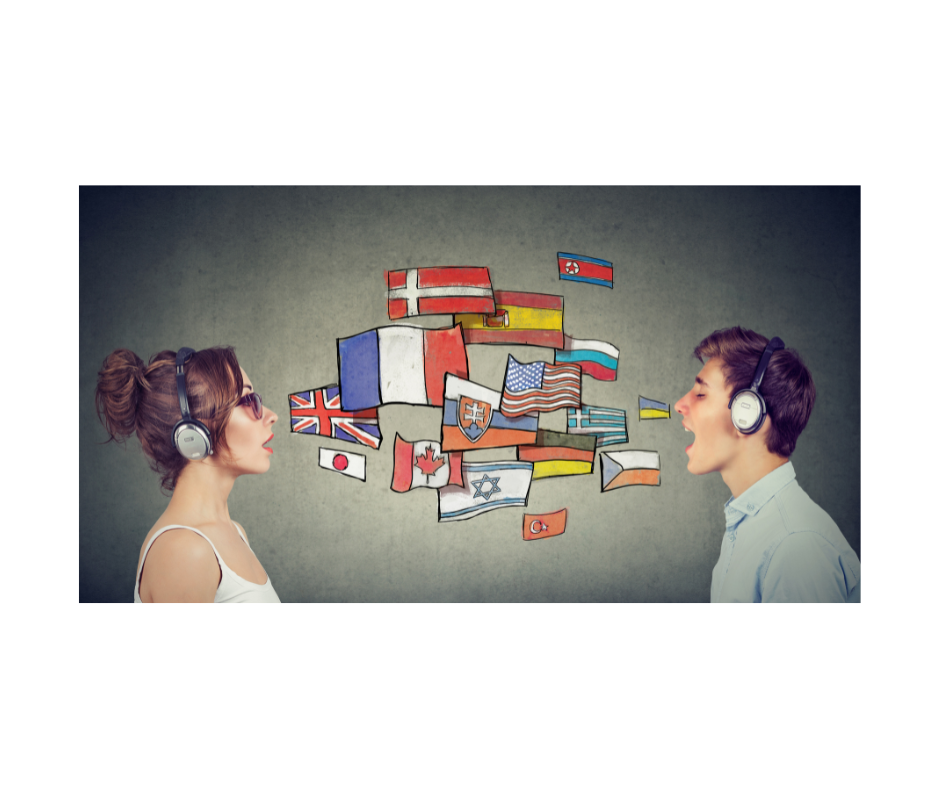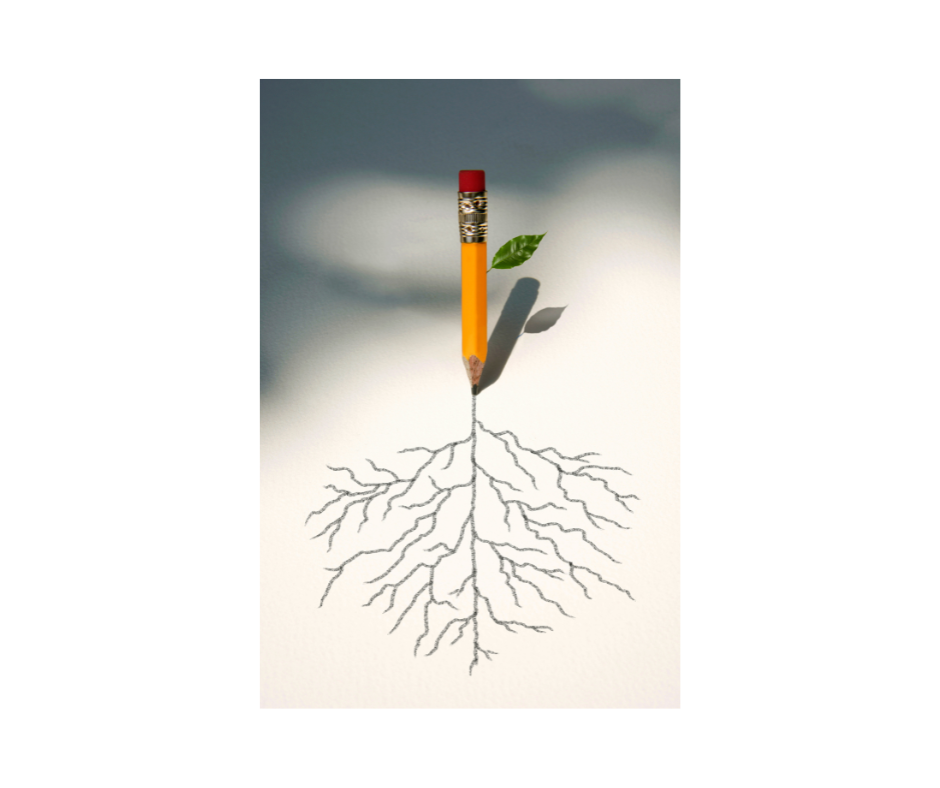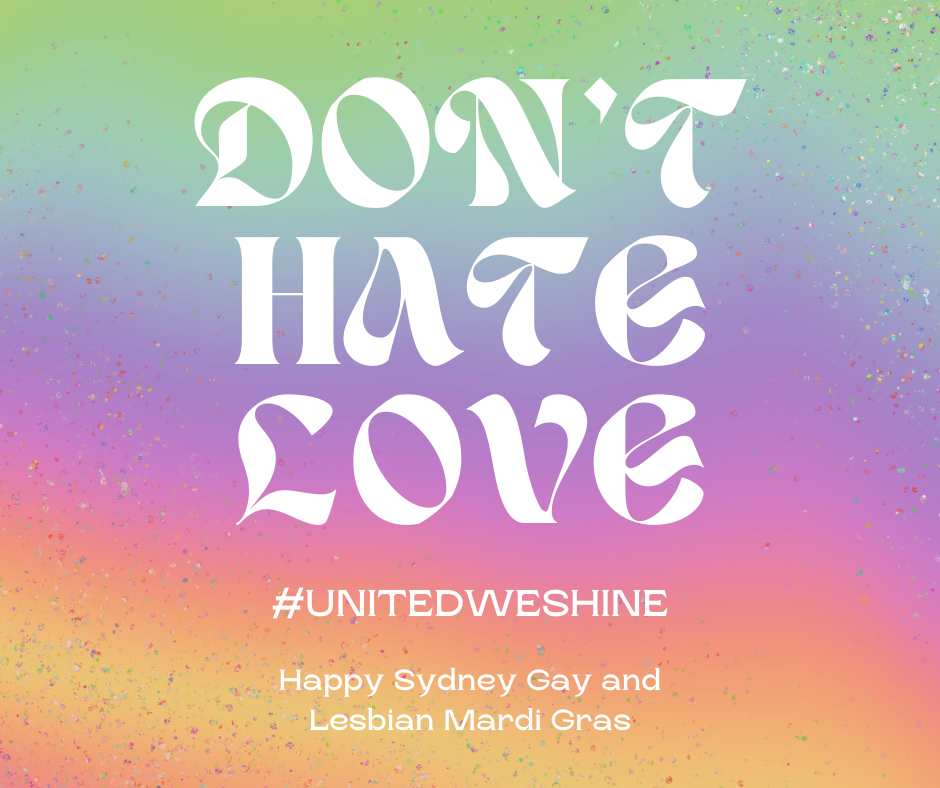Lost in Translation
The importance of learning foreign languages isn’t as prominent anymore, as it once was. Perhaps living in Australia and being geographically isolated is a reason for foreign languages not having the same emphasis, as those living closer to other countries. However, I have heard a number of children raised in Australia who had migrant parents, myself included, who were never taught their parents’ first language growing up. I have heard before that a number of people have abandoned their parents’ first language or weren’t taught it in the first place because many were bullied for it, which is another issue. Whilst the bullying component was not my personal experience, the conversation tended to be how it may not be as useful as it’s a niche language or for some people they heard how they’re living in Australia so they will be speaking English anyway. Whilst I understand this logic I feel as though the value or any foreign language is immense and contributes to enhanced emotional intelligence. Whether the foreign languages learned in childhood years are utilised whilst grown up, there is so much within a language that is lost when no longer spoken; understanding culture and meaning within language dissolves. Being able to speak any other language can make someone more culturally and linguistically sensitive and respectful to local people whilst travelling or living abroad, to the country where the language is spoken, or with migrants who speak that language. When languages are translated there is a significant amount of meaning which can be lost. To successfully translate foreign languages requires meticulous education, training and application. The literal translation of foreign languages does not come close to understanding the meaning of what has been written or spoken. When trying to implement feedback mechanisms within a humanitarian or international development context, there definitely can be challenges when trying to use specific language to ensure that people utilise the feedback mechanisms put in place, and accurate data and information is collected. Some terms and words which are quite common in English and in Western countries may not translate in the same way and have meaning. Some systems then end up becoming redundant because the relevance of it does not appear to apply. There are some systems which do apply but they have not used contextually specific language to translate meaning effectively, as to their purpose and function within the community. There may be more of a move to investing in foreign languages or at least passing on languages learned over the course of someone’s life, to children. From speaking to a number of people who have had migrant parents, who didn’t learn their parents’ first language growing up and are now are doing so have recognised the value in it and what they missed out on. It makes it a lot simpler to invest in a skill like understanding foreign languages from a young age when the children absorb everything so much easier than to try and do so as an adult.
Lost in Translation Read More »



